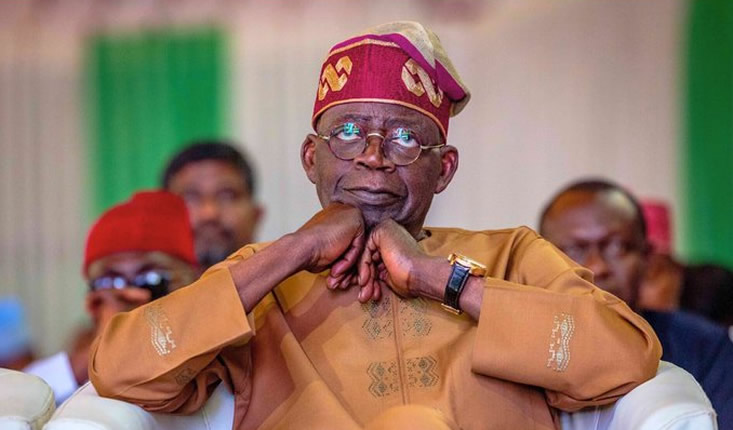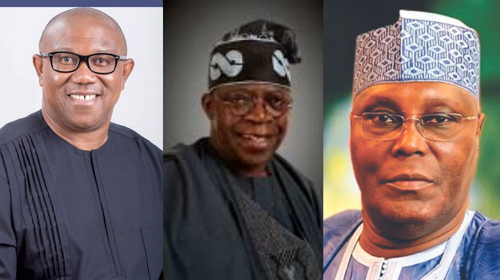NAIRA METRICS
Article summary
- As of 2021, the countries with the largest number of people without access were Nigeria (86 million), the Democratic Republic of the Congo (76 million), and Ethiopia (55 million).
- Bridging electricity access gaps, especially for people living in poor and remote regions, requires an annual rate of growth of 1% point per year from 2021 onward almost twice the current pace.
- Many developing economies in sub-Saharan Africa, are hobbled by scarce financing, inadequate risk mitigation resources, financially nonviable utilities, low capacity in critical agencies, and the absence of local financial institutions with access-related expertise all of which compromise the bankability of electricity access projects.
According to a recent report by international organizations, 86 million Nigerians lack access to electricity, making Nigeria the country with the largest number of people without electricity access.
The report, compiled by the International Energy Agency (IEA), the International Renewable Energy Agency (IRENA), the United Nations (UN), and the World Health Organization (WHO), highlights the electricity access deficits in sub-Saharan Africa, where half of the regional population still lacks access to electricity.
A part of the report stated:
- “As of 2021, the 20 countries with the largest access deficits accounted for 75% of the global population without access. The countries with the largest number of people without access were Nigeria (86 million), the Democratic Republic of the Congo (76 million), and Ethiopia (55 million).”
In the report, it was stated that access to electricity grew by an annual average of 0.7 percentage points between 2010 and 2021, rising from 84% of the world’s population to 91%.
According to the report, bridging electricity access gaps, especially for people living in poor and remote regions, requires an annual rate of growth of 1% point per year from 2021 onward almost twice the current pace. A part of the report stated:
- “If no additional efforts and measures are put in place, some 660 million people, mostly in Sub-Saharan Africa, would still be unserved in 2030.”
The report also said that policies for energy access should demonstrate political commitment and maximize the socio-economic benefits of access, keeping the most vulnerable populations at the forefront of efforts to close the access gap…



